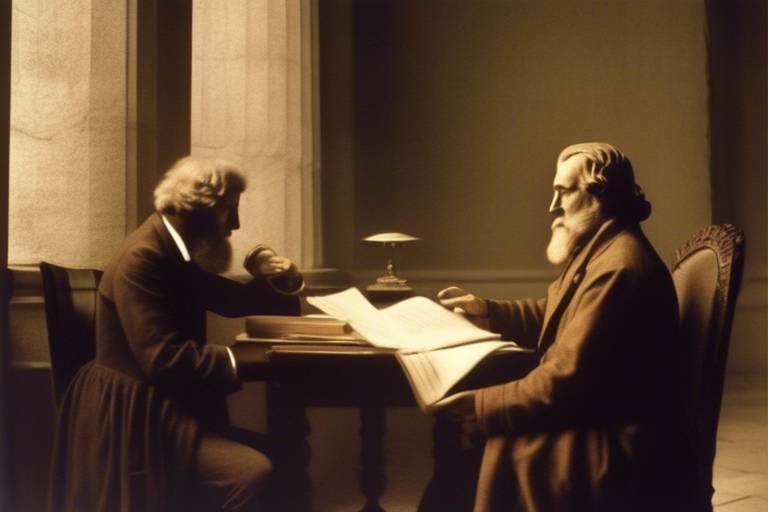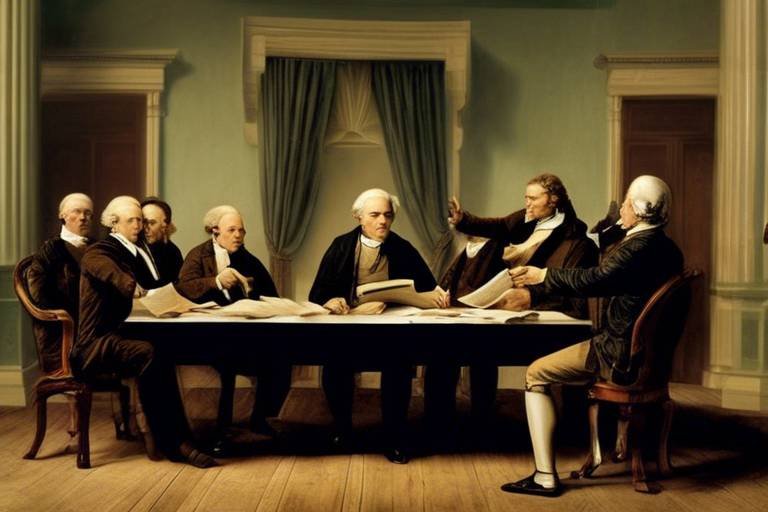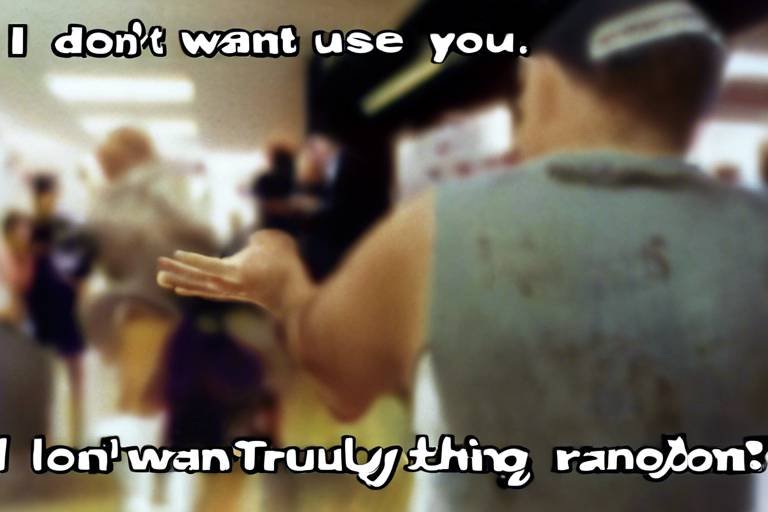The Ethical Implications of Censorship - A Philosophical Review
Censorship is a concept that evokes strong emotions and passionate debates. It sits at the crossroads of freedom of expression and societal regulation, challenging us to consider where we draw the line between protecting individuals and restricting their voices. The ethical implications of censorship are profound and multifaceted, raising questions that have puzzled philosophers for centuries. Is it ever justifiable to silence a voice, even if that voice is deemed dangerous? Or does the act of censorship itself pose a greater threat to society than the ideas it seeks to suppress? In this article, we will explore the intricate web of ethical dilemmas posed by censorship, examining its philosophical foundations, societal impacts, and the delicate balance between freedom and regulation.
At the heart of the debate on censorship lies a rich tapestry of philosophical thought. Various ethical frameworks provide different lenses through which we can examine the necessity and implications of censorship in society. For instance, utilitarianism, which advocates for actions that maximize happiness, might support certain forms of censorship if they prevent harm to the greater public. On the other hand, deontological ethics, which emphasizes the importance of duty and rights, may argue that any form of censorship is inherently wrong as it violates the fundamental right to free expression.
Moreover, the discourse surrounding censorship often involves the concept of moral relativism. What is considered acceptable speech in one culture may be deemed offensive in another. This divergence raises questions about the universality of ethical standards and whether censorship can be justified across different cultural contexts. Ultimately, these philosophical debates challenge us to think critically about the implications of censoring ideas, and they urge us to consider the potential consequences of our choices.
Censorship manifests in various forms, each with its own set of ethical considerations. Understanding these types is crucial in evaluating their impact on freedom of expression and public discourse. Here are some of the most prominent forms of censorship:
- Political Censorship: Often employed by governments to suppress dissent and control the narrative, political censorship can lead to a chilling effect on public discourse.
- Moral Censorship: This type seeks to protect societal values, often targeting content deemed inappropriate or offensive, such as explicit materials.
- Corporate Censorship: Companies may censor content to protect their brand image, leading to questions about the power of corporate interests over public discourse.
Each of these types of censorship raises ethical questions about the balance between protecting societal interests and preserving individual freedoms. How do we determine which ideas are too dangerous to be expressed? And who gets to make that decision? These are the questions that linger in the air as we navigate the complex landscape of censorship.
To fully appreciate the ethical implications of censorship, it is essential to explore its historical evolution. Censorship has been a tool of power for centuries, shaping societies and influencing cultural norms. Significant events, such as the Inquisition and the McCarthy Era, serve as stark reminders of how censorship can be wielded to control thought and suppress dissenting voices. Movements advocating for free speech have emerged in response, highlighting the ongoing struggle between authority and individual rights.
In totalitarian regimes, censorship becomes a weapon of oppression. Governments employ censorship to control information, suppress dissent, and maintain power. The ethical concerns surrounding such practices are profound. When the state dictates what can and cannot be said, it not only stifles individual expression but also undermines the very foundation of democracy. The chilling effects of censorship in these contexts serve as a cautionary tale for societies that value freedom.
Interestingly, censorship also exists in democratic societies, albeit in more subtle forms. Here, the challenge lies in balancing the need to protect societal values with the imperative to uphold individual freedoms. Laws regulating hate speech, for instance, aim to prevent harm but can also lead to debates about what constitutes acceptable discourse. In navigating these waters, democratic societies must grapple with the ethical implications of their choices and the potential consequences of restricting speech.
Censorship is not a one-size-fits-all concept; it varies significantly across cultures. Different societies have unique ethical considerations and societal norms that influence their approach to censorship. For example, some cultures may prioritize collective harmony over individual expression, leading to stricter censorship laws. Understanding these cultural perspectives is crucial in fostering a more nuanced dialogue about censorship and its ethical implications worldwide.
As technology continues to evolve, so too does the landscape of censorship. The rise of digital platforms has transformed how information is disseminated and regulated. While technology presents opportunities for greater freedom of expression, it also poses challenges regarding content moderation and the potential for misinformation. The ethical implications of these developments are complex, as they force us to reconsider traditional notions of censorship in a digital age.
Social media platforms have become battlegrounds for the ongoing debate on censorship. Content moderation policies raise ethical questions about who gets to decide what is acceptable speech. As these platforms grapple with the responsibility of regulating content, the implications for public discourse are significant. Are they protecting users from harm, or are they stifling free expression? The answers are not straightforward, and the consequences of these decisions can ripple through society.
The tension between censorship and freedom of speech is a central theme in the ethical discourse surrounding censorship. Philosophical arguments for and against restrictions on expression vary widely, and the implications of these debates can shape public policy. Some argue that certain ideas, no matter how controversial, should be allowed to flourish in the marketplace of ideas, while others contend that unchecked speech can lead to harm and societal discord. Navigating this tension requires careful consideration of the ethical ramifications of our choices.
Q: What is censorship?
A: Censorship is the suppression or prohibition of speech, public communication, or other information that may be considered objectionable, harmful, sensitive, or inconvenient by authorities or groups.
Q: Why is censorship considered ethical or unethical?
A: The ethics of censorship are debated based on its impact on freedom of expression, societal values, and individual rights. Some argue that it protects society from harm, while others believe it infringes on fundamental freedoms.
Q: How does technology affect censorship?
A: Technology, especially social media, has transformed censorship by enabling rapid dissemination of information while also complicating content moderation, leading to ethical dilemmas regarding free speech and regulation.
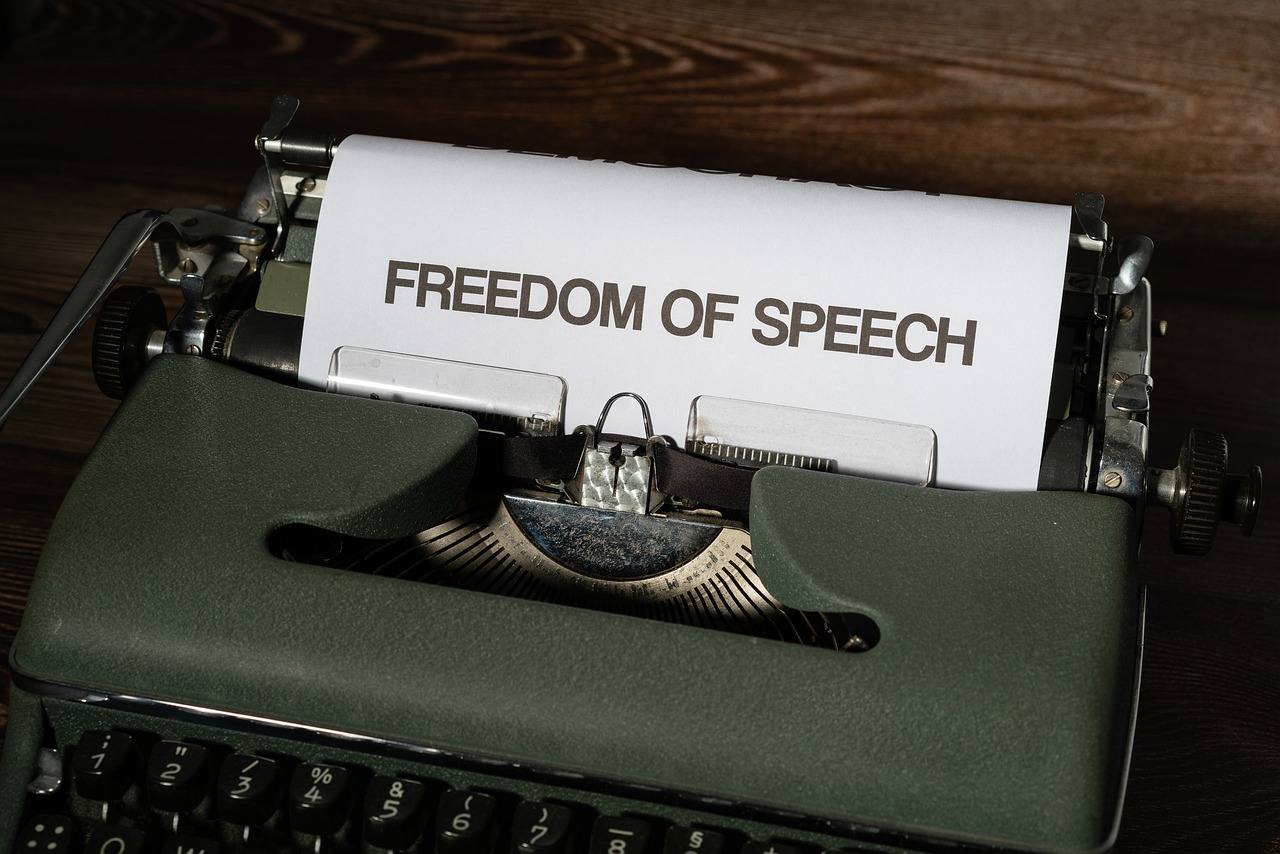
The Philosophy of Censorship
Censorship, at its core, raises profound questions about the nature of freedom and control. It provokes a philosophical inquiry into the ethical boundaries of expression and the role of authority in shaping public discourse. When we think about censorship, we often grapple with the delicate balance between protecting societal values and upholding individual freedoms. This tension invites us to explore various ethical frameworks that inform our understanding of censorship, such as utilitarianism, deontology, and virtue ethics.
From a utilitarian perspective, censorship might be justified if it leads to the greatest good for the greatest number. For instance, restricting hate speech could be seen as a necessary measure to protect vulnerable communities from harm. However, this raises the question: who decides what constitutes the "greater good"? This ambiguity can lead to subjective interpretations of morality, where the line between protection and oppression becomes blurred.
On the other hand, a deontological approach emphasizes the intrinsic value of freedom of expression. Advocates of this view argue that every individual possesses a fundamental right to express their thoughts and ideas, regardless of the potential consequences. This perspective posits that censorship, in any form, is inherently unethical as it violates the moral duty to respect individual autonomy. Yet, this raises a challenging dilemma: should we allow harmful or dangerous ideas to proliferate unchecked?
Additionally, virtue ethics encourages us to consider the character and intentions behind censorship. It prompts us to ask what kind of society we aspire to be. Are we fostering a culture of open dialogue and critical thinking, or are we cultivating fear and conformity? This approach emphasizes the importance of moral character in decision-making processes related to censorship, suggesting that the motivations behind censorship should be scrutinized as much as the acts themselves.
In examining these philosophical frameworks, we uncover a complex landscape where the ethical implications of censorship are not easily defined. The debate often hinges on context. For example, consider political censorship versus moral censorship. Political censorship typically aims to suppress dissent and maintain power, often leading to a totalitarian state where free thought is stifled. In contrast, moral censorship might focus on protecting societal norms and values, such as regulating explicit content in media.
To further illustrate these ideas, let’s consider a table that summarizes different philosophical perspectives on censorship:
| Philosophical Framework | Key Principle | Implications for Censorship |
|---|---|---|
| Utilitarianism | Greatest good for the greatest number | Censorship may be justified if it protects the majority |
| Deontology | Intrinsic value of freedom | Censorship is inherently unethical as it violates rights |
| Virtue Ethics | Moral character and intentions | Censorship should reflect the values of a just society |
Ultimately, the philosophy of censorship invites us to engage in a deeper conversation about our values and priorities as a society. How do we navigate the fine line between safeguarding our communities and honoring the principles of free expression? As we ponder these questions, it becomes clear that the ethical implications of censorship are not merely theoretical; they resonate deeply within our daily lives and influence the fabric of our society.
- What is censorship? Censorship is the suppression or prohibition of speech, public communication, or other information.
- Why is censorship considered ethical or unethical? The ethics of censorship depend on the context and the motivations behind it, as well as the potential impact on society.
- How does censorship vary across different cultures? Different cultures have unique values and norms that shape their approach to censorship, leading to diverse practices worldwide.
- What role does technology play in modern censorship? Technology has transformed censorship, presenting both challenges and opportunities for regulating content, especially on social media platforms.
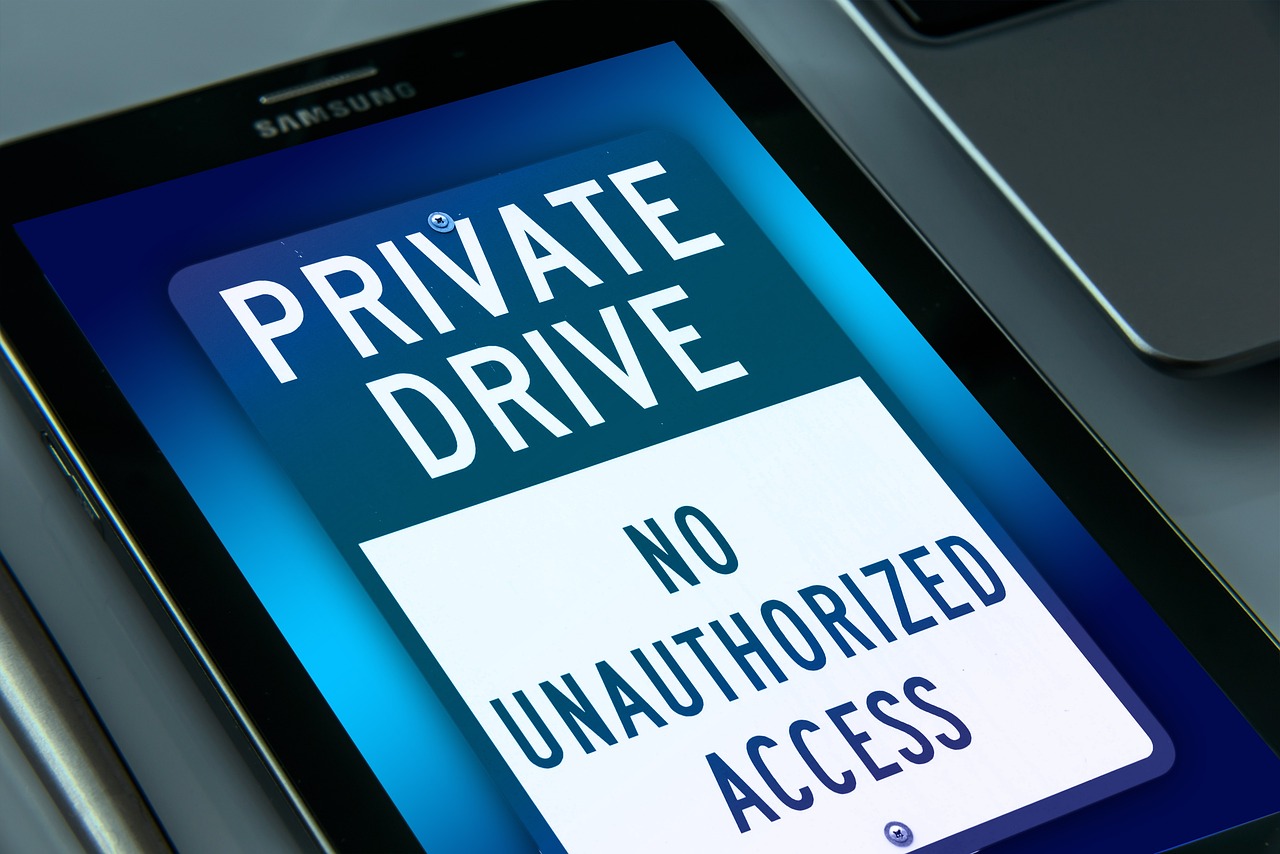
Censorship is not a one-size-fits-all concept; it manifests in various forms, each with its own implications for society and individual freedoms. Understanding the different types of censorship is crucial for grasping the broader ethical dilemmas they present. At its core, censorship can be categorized into several distinct types, including political, moral, and corporate censorship. Each type serves a different purpose and comes with its own set of ethical considerations.
Political censorship is perhaps the most notorious form. It involves the suppression of information that could threaten the stability or power of a government. Think of it as a game of chess, where one player (the government) attempts to control the board by restricting the moves of the other player (the public). This type of censorship often manifests through the banning of books, controlling media narratives, or even outright violence against dissenters. The ethical implications are profound: while governments may argue that such measures are necessary to maintain order, critics contend that they infringe upon the fundamental right to freedom of expression.
On the other hand, moral censorship aims to protect societal values and norms, often targeting content deemed inappropriate or offensive. This form can be likened to a parent monitoring their child’s internet usage. While the intention might be to shield individuals from harmful influences, the line between protecting and controlling can easily blur. For instance, what one group considers immoral, another might see as a legitimate form of artistic or personal expression. This raises critical questions: Who gets to decide what is moral? And at what point does moral censorship become a violation of personal freedoms?
Then we have corporate censorship, which occurs when businesses control the flow of information to protect their interests or brand image. Imagine a company that suppresses negative reviews or feedback to maintain a positive public perception. While businesses have a right to protect their brand, the ethical dilemma arises when this suppression leads to misinformation or manipulation of public opinion. The challenge is to find a balance where companies can operate without stifling genuine discourse and transparency.
In summary, the types of censorship—political, moral, and corporate—each come with their unique sets of ethical dilemmas. They highlight the delicate balance between protecting societal values and upholding individual freedoms. As we navigate these complexities, it’s essential to engage in open dialogues about the implications of censorship in our lives. After all, in a world where information is power, understanding the forces that shape our access to that information is crucial.
- What is censorship? Censorship is the suppression or prohibition of speech, public communication, or other information deemed objectionable or harmful by authorities.
- Why do governments practice censorship? Governments may practice censorship to maintain social order, protect national security, or suppress dissenting views.
- Is all censorship bad? While some censorship can protect societal values, excessive censorship can infringe on freedom of expression and inhibit democratic discourse.
- How does technology impact censorship? Advancements in technology have transformed censorship, making it easier for both governments and corporations to control information while also providing platforms for dissenting voices.
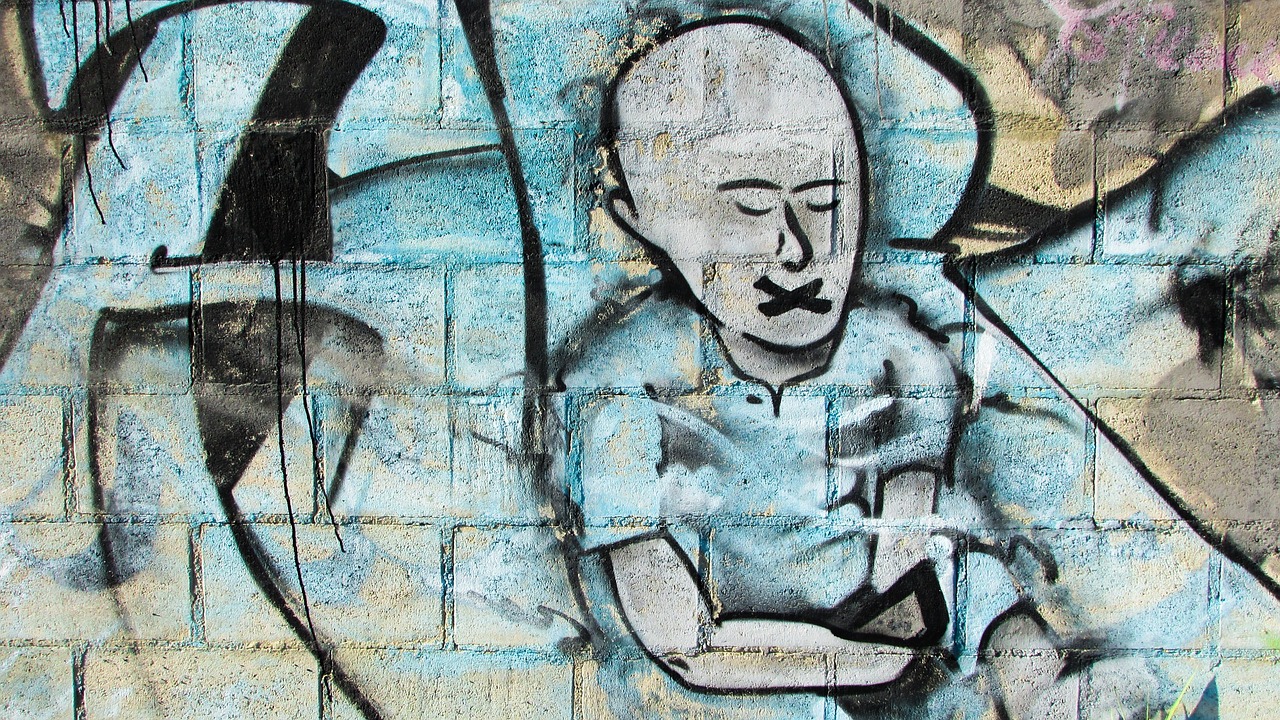
The concept of censorship is not a modern phenomenon; it has deep historical roots that trace back to ancient civilizations. From the early days of written communication, societies have grappled with the challenge of controlling information. In ancient Rome, for example, the state exercised control over literature and public discourse to maintain order and suppress dissent. This practice laid the groundwork for the philosophical debates that would emerge centuries later regarding the balance between authority and individual expression.
During the Middle Ages, censorship took on a more structured form, particularly with the rise of the Catholic Church. The Church maintained a significant influence over what could be published and disseminated. The Index Librorum Prohibitorum, a list of prohibited books, exemplified the Church’s efforts to control knowledge and maintain its authority. This period raises an important question: how far should an institution go to regulate thought and expression? The ethical implications of such censorship continue to resonate today.
As we moved into the Enlightenment, thinkers like John Milton and Voltaire began to challenge these oppressive practices. Milton’s "Areopagitica" argued passionately against censorship, positing that the free exchange of ideas is essential for societal progress. This philosophical shift marked a pivotal moment in the history of censorship, as it paved the way for modern democratic ideals that prioritize freedom of expression. The tension between censorship and free speech became a central theme in political discourse, leading to the establishment of laws that protect individual rights.
Fast forward to the 20th century, where the impact of totalitarian regimes became starkly evident. Governments like those of Nazi Germany and Stalinist Russia wielded censorship as a tool of oppression, erasing dissent and controlling narratives. The infamous Ministry of Truth in George Orwell's "1984" serves as a chilling reminder of how censorship can distort reality. This historical context forces us to confront a critical ethical dilemma: at what point does censorship cross the line from regulation to repression?
In contrast, democratic societies also grapple with censorship, albeit in different forms. While censorship in these contexts may be justified under the guise of protecting societal values—such as national security or public morality—it often raises ethical questions about the limits of governmental power. For instance, laws against hate speech are designed to prevent harm, but they also risk infringing on individual freedoms. This complex interplay between protecting society and preserving personal liberties continues to fuel debate among philosophers, lawmakers, and citizens alike.
To summarize, the historical context of censorship reveals a complex tapestry of power dynamics, ethical considerations, and cultural shifts. Understanding this history is crucial as we navigate the contemporary landscape of information control. It challenges us to consider not just the **implications of censorship**, but also the **responsibilities** that come with freedom of expression. As we delve deeper into the modern implications of censorship, it is vital to reflect on these historical lessons to avoid repeating the mistakes of the past.
- What is censorship? Censorship is the suppression or prohibition of speech, public communication, or other information that may be considered objectionable or harmful.
- Why is censorship necessary? Proponents argue that censorship can protect societal values, prevent the spread of misinformation, and maintain public order.
- How does censorship differ in democratic and totalitarian regimes? In totalitarian regimes, censorship is often used to suppress dissent and control information, while in democracies, it is generally more regulated and justified under specific circumstances.
- What are the ethical implications of censorship? Censorship raises questions about the balance between protecting society and preserving individual freedoms, leading to ongoing philosophical debates.
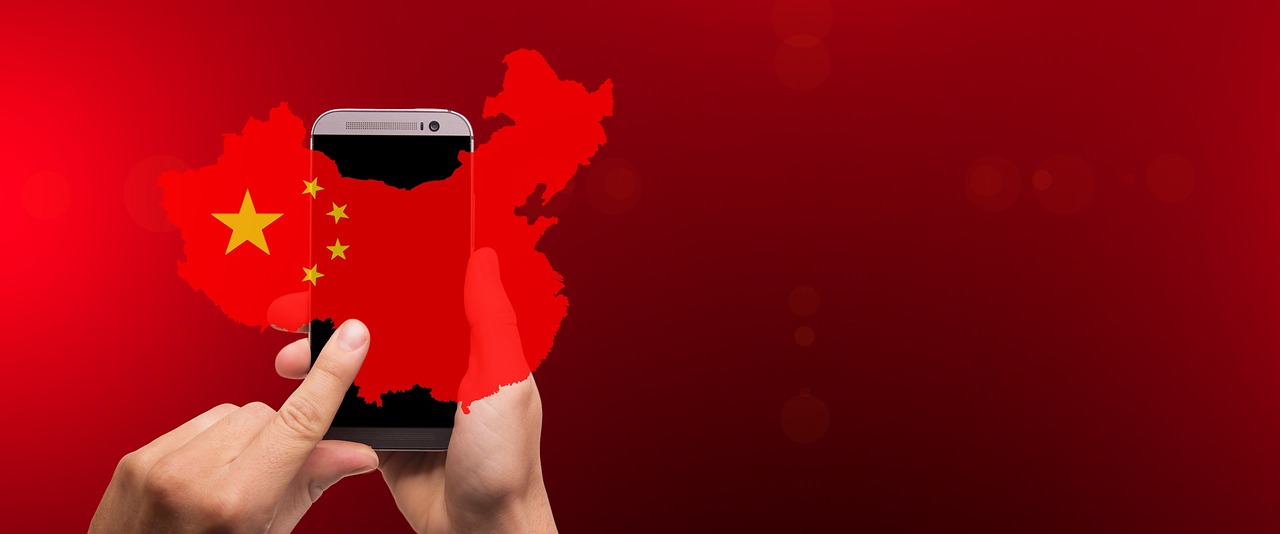
Censorship in totalitarian regimes is not just a tool; it’s a weapon. These governments wield censorship with the precision of a surgeon, cutting away any information that threatens their grip on power. Imagine living in a world where every word you say is monitored, where every thought is scrutinized. This is the reality for many under totalitarian rule, where the state seeks to control not only actions but also beliefs and ideas. The ethical implications of such censorship are profound, raising questions about the very nature of freedom and the rights of individuals.
Totalitarian regimes often employ a variety of methods to enforce censorship, creating an environment of fear and compliance. The mechanisms can range from overt actions, such as the banning of books and media, to more insidious tactics like propaganda and the manipulation of information. The goal is singular: to maintain an unchallenged narrative that glorifies the regime while demonizing opposition. This can lead to a society where truth is subjective, and the populace is left grappling with a distorted reality crafted by those in power.
To illustrate, consider the following strategies commonly used by totalitarian governments:
- Media Control: State-run media outlets disseminate information that aligns with government narratives, effectively silencing dissenting voices.
- Surveillance: Extensive monitoring of citizens through technology ensures that any anti-regime sentiments are quickly quashed.
- Intimidation: The threat of imprisonment or violence looms over those who dare to express opposing views, creating a chilling effect on free speech.
The ethical concerns surrounding censorship in these regimes are multifaceted. On one hand, proponents might argue that such measures are essential for maintaining social order and national security. However, this perspective often overlooks the fundamental human rights implications. When the state dictates what can and cannot be said, it not only stifles individual expression but also erodes the very foundations of a democratic society. The suppression of dissent leads to a homogenized culture where creativity and innovation are sacrificed at the altar of conformity.
Furthermore, the long-term effects of censorship in totalitarian regimes can be devastating. A generation raised in an environment devoid of free thought may struggle to cultivate critical thinking skills. This can result in a populace that is not only compliant but also disconnected from reality—a dangerous combination for any society. The ethical dilemma here is stark: at what cost do we seek stability? Is it worth sacrificing the essence of what it means to be human?
In conclusion, censorship in totalitarian regimes presents a complex web of ethical challenges. It forces us to confront uncomfortable truths about power, control, and the nature of freedom. As we reflect on these issues, we must ask ourselves: how can we advocate for free expression in a world where silence is often the loudest voice? The answer lies in our willingness to challenge oppressive systems and champion the rights of individuals to speak, think, and exist freely.
- What is censorship? Censorship is the suppression or prohibition of speech, public communication, or other information that may be considered objectionable or harmful by authorities.
- How does censorship affect society? Censorship can limit freedom of expression, hinder the exchange of ideas, and create an environment of fear and conformity.
- What are the ethical implications of censorship? Censorship raises questions about human rights, the balance between security and freedom, and the role of government in regulating information.
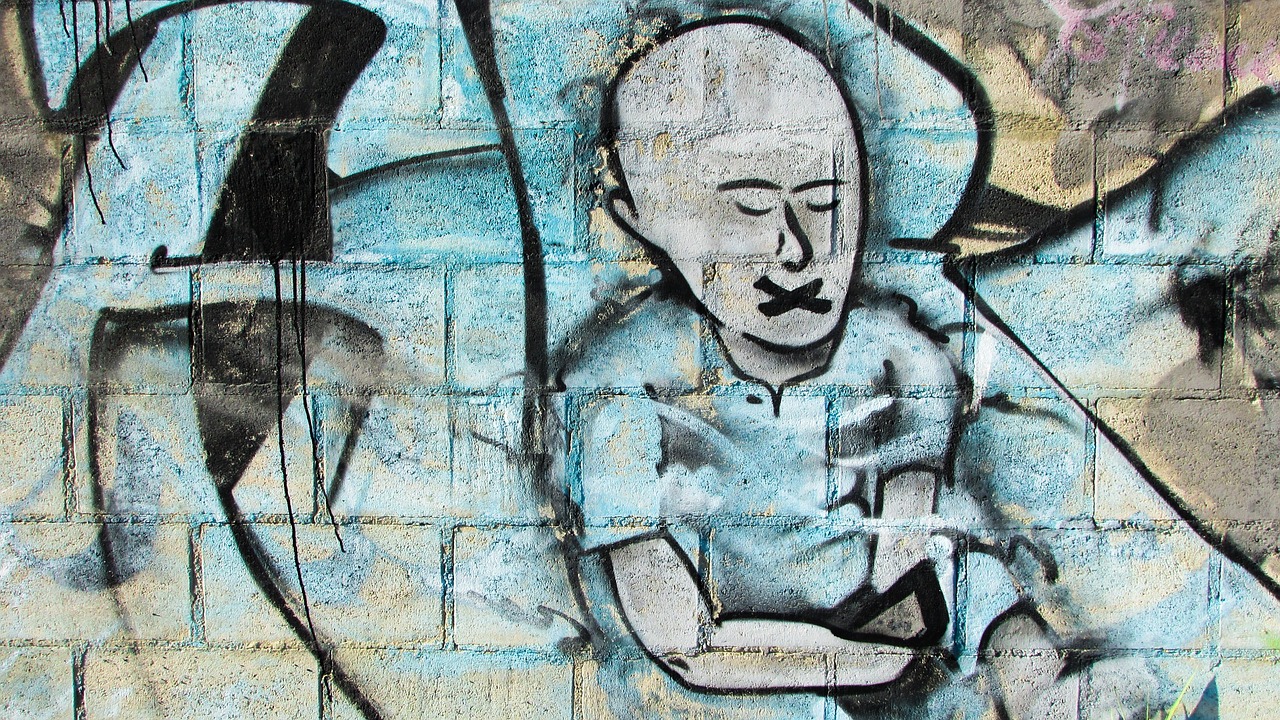
Censorship in democratic societies presents a fascinating paradox. On one hand, these societies espouse the values of freedom of expression and open discourse. On the other hand, they often implement measures that restrict certain types of speech deemed harmful or offensive. This delicate balance raises essential questions: At what point does the protection of societal values infringe upon individual freedoms? How do democracies navigate the murky waters of censorship without compromising their foundational principles?
In democracies, censorship can manifest in various forms, ranging from government regulations to self-censorship by individuals and organizations. While the intent behind these measures is often to safeguard public interests—such as national security, public morality, or the prevention of hate speech—the execution can lead to significant ethical dilemmas. For instance, laws aimed at curbing hate speech may inadvertently stifle legitimate discourse, creating a chilling effect where individuals hesitate to express their opinions for fear of repercussions.
Moreover, the role of media in democratic societies cannot be overlooked. The press is often seen as a watchdog, tasked with holding power accountable. However, when media outlets engage in censorship—whether through selective reporting or the omission of certain viewpoints—they risk undermining the very democratic principles they are meant to uphold. This raises the question: Can the media truly serve the public interest if it is complicit in censoring information?
Another critical aspect to consider is the influence of corporate interests in the realm of censorship. In today's digital age, major tech companies wield significant power over the information landscape. Their content moderation policies can determine what is seen and what remains hidden, often prioritizing profit over the public's right to know. This corporate censorship can lead to a homogenization of ideas, where only certain narratives are allowed to flourish, further complicating the notion of free speech in a democratic context.
In light of these challenges, many democratic societies are grappling with the question of how to implement effective censorship without crossing ethical lines. A growing number of citizens advocate for transparency and accountability in censorship practices, pushing for clearer guidelines that delineate acceptable boundaries while protecting individual rights. The discussion surrounding censorship in democracies is ongoing, reflecting the ever-evolving nature of societal values and the need for a nuanced approach that respects both freedom and responsibility.
As we navigate the complexities of censorship in democratic societies, it becomes increasingly clear that there are no easy answers. The interplay between protecting societal values and upholding individual freedoms is a dynamic that requires constant reflection and dialogue. Ultimately, the goal should be to foster an environment where diverse voices can coexist, promoting a richer and more informed public discourse.
- What is censorship? Censorship refers to the suppression or prohibition of speech, writing, or other forms of communication that are deemed objectionable or harmful.
- How does censorship differ in democratic and totalitarian regimes? In democratic societies, censorship is often subject to legal frameworks and public debate, while in totalitarian regimes, it is typically enforced through oppressive measures without public discourse.
- Can censorship ever be justified? While some argue that censorship can protect societal values, others contend that it often infringes on individual rights and freedoms, leading to a complex ethical debate.
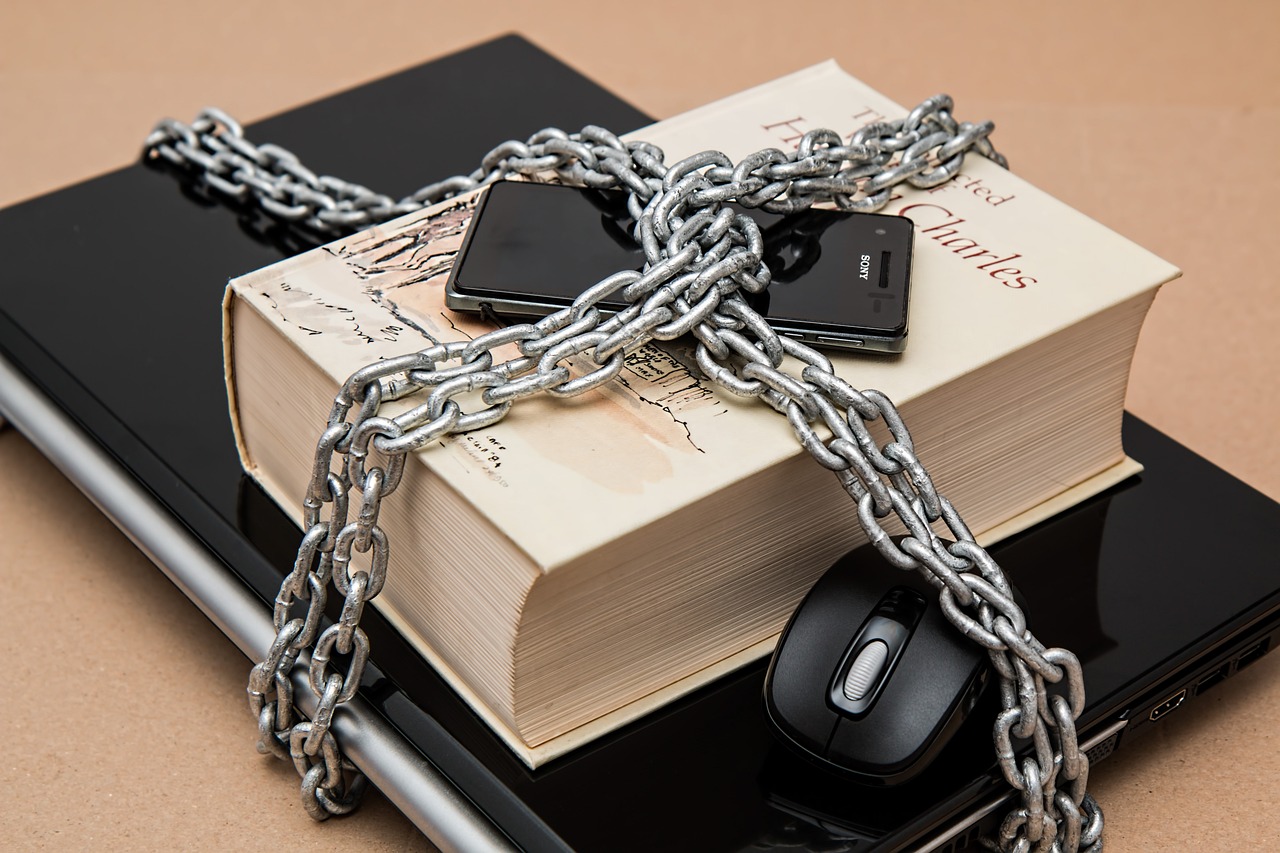
Censorship is not a one-size-fits-all concept; it morphs and adapts depending on the cultural fabric of a society. Different cultures have their own unique values, beliefs, and historical experiences that shape their approach to censorship. For instance, in some societies, censorship is viewed as a necessary tool for maintaining social harmony, while in others, it is seen as a blatant violation of individual rights. This dichotomy raises a pivotal question: How do cultural contexts influence the ethical implications of censorship?
In many Western democracies, the emphasis is placed on the principle of freedom of expression. Here, censorship is often challenged and debated vigorously, with a strong belief that the marketplace of ideas should remain open to all. This environment fosters a culture where dissenting voices can be heard, and various viewpoints can coexist. However, even within these societies, there are instances where censorship is implemented under the guise of protecting societal values. For example, hate speech laws in the United States aim to curb expressions that could incite violence or discrimination, which raises ethical questions about where the line is drawn.
Conversely, in many Asian cultures, the approach to censorship can be more collectivist. Countries like China and North Korea employ stringent censorship practices that prioritize national stability and social order over individual expression. In these contexts, censorship is often justified as a means of protecting the populace from harmful influences, such as foreign ideologies or dissenting opinions. The philosophical foundation here revolves around the belief that societal well-being takes precedence over personal freedoms. This raises a critical ethical dilemma: Is it justifiable to sacrifice individual liberties for the perceived greater good?
Moreover, the impact of colonial history cannot be overlooked. In post-colonial societies, censorship practices may reflect a struggle between maintaining cultural identity and the influence of Western ideals. For instance, in many African nations, there is a tension between traditional values and modernity, where censorship may be employed to protect indigenous cultures from what is perceived as cultural imperialism. This cultural lens complicates the ethical landscape of censorship, as it intertwines with issues of identity, power, and resistance.
To further illustrate these diverse perspectives, consider the following table that highlights how different regions view censorship:
| Region | View on Censorship | Key Justifications |
|---|---|---|
| Western Democracies | Generally opposed | Freedom of expression, marketplace of ideas |
| China | Strongly supportive | National stability, social harmony |
| Middle East | Varies widely | Religious and moral values, political stability |
| Africa | Mixed | Cultural preservation, colonial legacy |
In conclusion, the cultural perspectives on censorship reveal a rich tapestry of ethical dilemmas that challenge our understanding of freedom and regulation. As societies continue to evolve and grapple with the digital age, these cultural lenses will play a crucial role in shaping the future of censorship. What remains essential is an ongoing dialogue that respects diverse viewpoints while striving for a balance between protecting societal values and upholding individual rights.
- What is censorship? Censorship is the suppression or prohibition of speech, public communication, or other information that may be considered objectionable, harmful, or sensitive by authorities.
- Why do different cultures censor differently? Cultural values, historical experiences, and societal norms significantly influence how censorship is perceived and implemented across various societies.
- Is censorship ever justified? This is a contentious issue; some argue that censorship is necessary for protecting societal values, while others believe it infringes on individual rights.
- How does technology impact censorship? Technology, particularly the internet and social media, has transformed censorship by creating new challenges in regulating content and facilitating the spread of diverse viewpoints.

In the digital age, technology has become a double-edged sword when it comes to censorship. On one hand, it has empowered individuals with unprecedented access to information, while on the other, it has provided tools for authorities and corporations to impose restrictions. The internet, social media platforms, and advanced algorithms have transformed the landscape of information dissemination, creating a complex web of challenges and opportunities in the realm of censorship.
One of the most significant changes brought about by technology is the speed at which information spreads. In the past, censorship was often a slow, bureaucratic process. Today, however, a tweet or a viral video can challenge the status quo in mere moments. This rapid dissemination can lead to a phenomenon known as censorship by outrage, where public backlash forces organizations or governments to retract statements or content almost instantly. Yet, this raises a critical question: does the fear of backlash lead to self-censorship? Many individuals and organizations may choose to avoid controversial topics altogether, fearing the digital mob's wrath.
Additionally, the rise of social media has blurred the lines between personal expression and corporate control. Platforms like Facebook, Twitter, and Instagram have their own set of guidelines that dictate what content is permissible. While these rules are often justified as measures to prevent hate speech or misinformation, they also raise ethical concerns about who gets to decide what is deemed acceptable. The algorithms that govern these platforms can inadvertently amplify certain voices while silencing others, leading to what some call a digital echo chamber.
To illustrate this point, consider the following table that outlines the different ways technology influences censorship:
| Aspect | Impact of Technology |
|---|---|
| Information Access | Increased access to diverse viewpoints, but also the spread of misinformation. |
| Speed of Dissemination | Rapid sharing can lead to quick responses, but also to hasty censorship. |
| Corporate Control | Private companies set the rules for content moderation, leading to potential bias. |
| Self-Censorship | Fear of backlash may cause individuals to avoid discussing certain topics. |
The ethical implications of technology-driven censorship are vast. For instance, how do we balance the need for free speech with the responsibility to protect individuals from harmful content? This dilemma is particularly pronounced in the context of hate speech and fake news, where the line between protecting society and infringing on personal freedoms becomes increasingly blurred. Moreover, as technology evolves, so too do the methods of censorship. New tools, such as AI-driven content moderation, promise to streamline the process, but they also raise questions about accountability and transparency.
Furthermore, the global landscape of censorship is influenced by technology. Different countries adopt varying approaches to digital content regulation. For example, while some nations advocate for an open internet, others impose strict controls over online discourse. This disparity can lead to a fragmented digital experience, where users in different regions face different levels of access and censorship. It also highlights the ethical responsibility of tech companies to navigate these challenges while respecting local laws and cultural norms.
In conclusion, technology has fundamentally reshaped the way we understand and engage with censorship. As we continue to navigate this complex terrain, it is essential to remain vigilant about the ethical implications of our choices. The conversation around censorship and technology is ongoing, and it invites us to reflect on our values and the kind of society we wish to foster.
- What is censorship? Censorship refers to the suppression or prohibition of speech, public communication, or other information that may be considered objectionable, harmful, or sensitive.
- How does technology impact censorship? Technology has increased the speed of information dissemination and provided new tools for both enabling and combating censorship.
- What are the ethical concerns surrounding censorship? Ethical concerns include the balance between protecting society and preserving freedom of expression, as well as the potential for bias in content moderation.
- Can censorship ever be justified? Some argue that censorship can be justified in cases of hate speech or misinformation, while others believe it infringes on fundamental rights.

In the digital age, social media has emerged as a powerful tool for communication, allowing individuals to express their thoughts and share information with unprecedented ease. However, this newfound freedom comes with a significant caveat: the issue of censorship. As platforms like Facebook, Twitter, and Instagram have grown, so too has the complexity surrounding the regulation of content. The question arises: who gets to decide what is acceptable to share, and what crosses the line into the realm of censorship?
Social media companies often find themselves in a precarious position. They must balance the need to maintain a safe and respectful environment for users while also upholding the fundamental right to freedom of expression. This balancing act is fraught with ethical dilemmas. For instance, when a post is flagged for violating community standards, it raises questions about the criteria used to make such decisions. Are these standards consistent, or do they reflect the biases of those in power? Moreover, the algorithms that govern what content is visible can inadvertently suppress diverse voices, leading to a homogenization of public discourse.
The implications of social media censorship extend beyond individual posts. They can shape public opinion and influence societal norms. When certain topics are consistently censored, it can create an environment where only specific narratives are allowed to flourish, effectively silencing dissenting voices. This phenomenon is particularly concerning in politically charged contexts, where the stakes are high, and the consequences of misinformation can be dire. The recent debates surrounding misinformation about elections or public health have highlighted just how critical it is to navigate these waters carefully.
Furthermore, the rise of user-generated content has complicated the landscape of censorship. Unlike traditional media, where a few entities control the narrative, social media allows anyone with internet access to contribute. This democratization of information is a double-edged sword. On one hand, it empowers individuals and fosters a rich tapestry of perspectives; on the other, it can lead to the spread of harmful or false information. As a result, social media platforms often find themselves on the front lines of content moderation, tasked with the challenging responsibility of discerning what constitutes harmful content.
To illustrate the complexities of social media censorship, consider the following table that outlines some of the common types of content that are often moderated:
| Type of Content | Reason for Censorship |
|---|---|
| Hate Speech | Promotes violence or discrimination against individuals or groups |
| Graphic Violence | Inappropriate content that can disturb or traumatize viewers |
| False Information | Spreads misinformation that can lead to public harm |
| Adult Content | Inappropriate for minors and violates community standards |
As we navigate this complex landscape, it is essential to recognize that censorship on social media is not merely a technical issue; it is deeply intertwined with ethical considerations. The challenge lies in creating policies that respect individual rights while promoting a healthy public discourse. This brings us to an important question: how do we ensure that the voices of all individuals are heard while also protecting the community from harm?
In conclusion, the relationship between social media and censorship is a dynamic and evolving conversation that requires ongoing dialogue and reflection. As users of these platforms, we must remain vigilant and advocate for transparency in moderation practices. Only then can we hope to strike a balance that honors both our right to speak freely and the responsibility we have to one another as members of a diverse society.
- What is censorship on social media? Censorship on social media refers to the moderation of content that platforms deem inappropriate or harmful, which can include hate speech, misinformation, and graphic violence.
- Who decides what gets censored? Decisions about censorship are typically made by social media companies based on their community guidelines, but these decisions can be influenced by user reports, government regulations, and societal norms.
- How does censorship affect freedom of speech? Censorship can limit freedom of speech by suppressing certain viewpoints or information, leading to a less diverse public discourse. However, it can also protect individuals from harmful content.
- What can users do if they disagree with censorship decisions? Users can advocate for transparency by voicing their concerns, engaging in discussions about moderation policies, and supporting movements that promote digital rights.
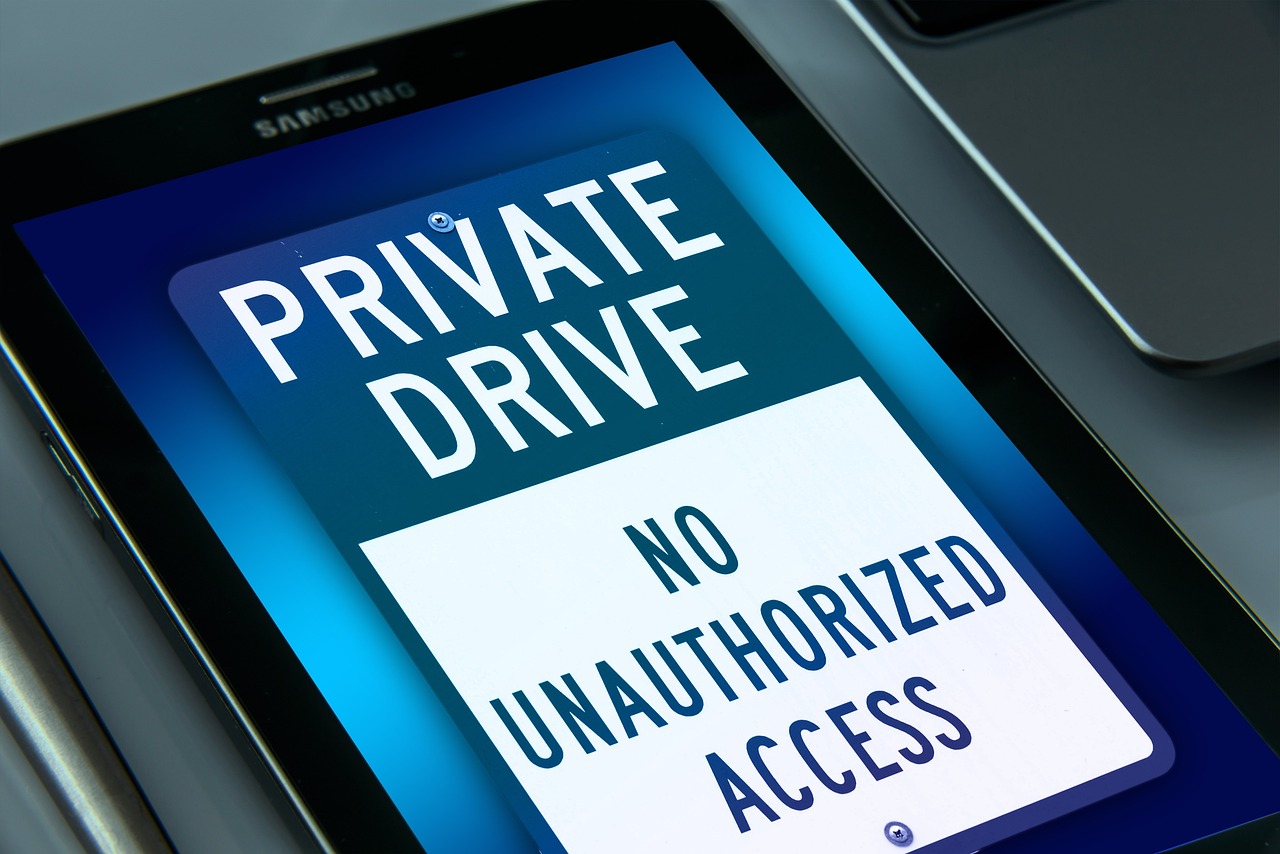
The relationship between censorship and freedom of speech is a complex and often contentious issue that sparks heated debates across various platforms. At its core, freedom of speech is a fundamental human right, enshrined in numerous international treaties and national constitutions. It allows individuals to express their thoughts, ideas, and beliefs without fear of retaliation or censorship. However, as society evolves, the need for some form of censorship arises to protect individuals and communities from harmful content. This paradox raises the question: how do we balance the right to speak freely with the need to maintain social order and protect vulnerable populations?
One of the main arguments in favor of censorship is the protection of societal values and the prevention of harm. For instance, content that incites violence, promotes hate speech, or disseminates false information can have devastating consequences. In this context, proponents of censorship argue that it serves as a necessary tool to safeguard the public. Yet, the slippery slope of censorship can lead to the suppression of legitimate discourse, stifling the very essence of democracy. After all, if we allow censorship to creep into our society unchecked, where do we draw the line?
Critics of censorship often highlight the potential for abuse, particularly in political contexts. History is replete with examples where governments have exploited censorship to silence dissent and manipulate public perception. This raises ethical concerns about who gets to decide what is acceptable speech and what is not. Is it the government? Social media platforms? Or should it be the community at large? The answers are rarely straightforward, and the implications can be profound.
To illustrate this tension, consider the following table that outlines the key arguments for and against censorship:
| Arguments For Censorship | Arguments Against Censorship |
|---|---|
| Protects individuals from harmful content | Stifles free expression and creativity |
| Maintains social order and public safety | Can lead to government overreach and abuse |
| Prevents the spread of misinformation | Creates a culture of fear and self-censorship |
As we navigate this intricate landscape, it's essential to recognize that censorship is not a black-and-white issue. It exists in shades of gray, where the implications of restricting speech can vary dramatically based on context. The challenge lies in finding a middle ground where the right to express oneself is preserved while also considering the potential impact of that expression on others.
In conclusion, the debate surrounding censorship and freedom of speech is far from settled. It requires ongoing dialogue and careful consideration of ethical implications. As we move forward in an increasingly interconnected world, we must remain vigilant in protecting our rights while also being mindful of the responsibilities that come with them. After all, the essence of a truly democratic society lies in its ability to foster open dialogue, even when the topics at hand are uncomfortable or controversial.
- What is the main purpose of censorship? Censorship aims to protect individuals and society from harmful content, maintain social order, and prevent the spread of misinformation.
- How does censorship affect freedom of speech? While censorship can protect societal values, it can also stifle free expression, leading to a potential abuse of power and suppression of dissent.
- Who decides what content gets censored? Decisions about censorship can be made by governments, social media platforms, or community standards, but the criteria can vary widely.
- Is censorship ever justified? Many argue that censorship can be justified in cases where speech poses a direct threat to public safety or incites violence.
Frequently Asked Questions
- What is censorship?
Censorship refers to the suppression or restriction of information, ideas, or expressions deemed objectionable or harmful by authorities. It can occur in various forms, including political, moral, and corporate censorship, impacting how individuals access and share information.
- Why is censorship considered ethically controversial?
The ethical controversy surrounding censorship arises from the conflict between protecting societal values and upholding individual freedoms. While some argue that certain restrictions are necessary to maintain social order, others believe that censorship infringes on the fundamental right to freedom of expression.
- How does censorship vary in different political systems?
Censorship manifests differently across political systems. In totalitarian regimes, it is often used as a tool for oppression, silencing dissent and controlling the narrative. Conversely, democratic societies may implement censorship to protect public interests, though this can lead to debates over the limits of free speech.
- What historical events have significantly impacted censorship practices?
Throughout history, significant events such as wars, revolutions, and the rise of authoritarian regimes have shaped censorship practices. For instance, the censorship during the World Wars aimed to maintain morale and control information, while the Civil Rights Movement challenged existing censorship norms in democratic societies.
- How has technology influenced censorship?
Advancements in technology, particularly the rise of the internet and social media, have transformed censorship. While technology enables the rapid spread of information, it also presents challenges for content moderation, leading to ethical dilemmas regarding what should be censored and who gets to decide.
- What role does social media play in censorship debates?
Social media platforms have become battlegrounds for censorship debates, as they grapple with content moderation policies. These platforms must balance the need to prevent harmful content while also respecting users' rights to free expression, often leading to controversies over perceived biases and censorship practices.
- Can censorship ever be justified?
While many argue that censorship can be justified in certain contexts—such as protecting children from harmful content or preventing hate speech—others contend that any form of censorship poses a risk to freedom of speech and can lead to a slippery slope of increasing restrictions.
- What are the potential consequences of censorship?
Censorship can lead to a range of consequences, including the stifling of public discourse, the erosion of trust in institutions, and the potential for misinformation to flourish in the absence of open dialogue. It can also create a culture of fear, where individuals refrain from expressing their thoughts or opinions.







